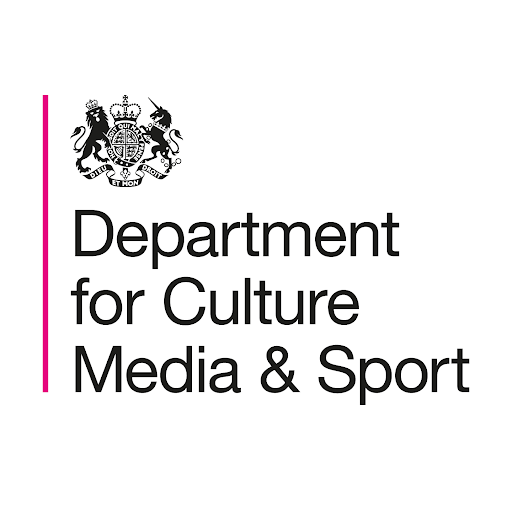A Department for Culture, Media and Sport (DCMS) committee has criticised the government for failing to adequately support UK charities in the face of plunging incomes and rising demand for the sector.
In particular the COVID-19 Crisis and Charities report found that:
- The £750 million in government emergency support is not enough to prevent closure of charities across the country
- A lack of transparency in allocating funds means deserving charities will lose out
- The Secretary of State for DCMS is unable to provide sufficient detail or clarity about the eligibility criteria two weeks after HM Treasury outlined support
Its conclusions and recommendations include:
- That small and local charities will be invaluable in nurturing community spirit; yet these are also the charities likely to face the most immediate financial pressures
- The committee expresses concern over comments made to it by Oliver Dowden MP, Culture Secretary, who told them: “We cannot save every single business, and that would include not being able to save every single charity.” It said that treating charities the same as businesses ignores the fundamental principles on which their work is based and the nature of their contribution to society. It also said of his comments: “it undermines the efforts of the many charity workers whose commitment to serving the public is demonstrated by the efforts they are making, and risks they may be taking, to assist others.”
- It welcomes the recent change to the Business Interruption Loan Scheme that exempts charities from the 50% trading requirement. It recommends that DCMS works with the sector and HM Treasury to immediately review measures in place to support business to ensure they fully meet the needs of the charity and voluntary sector. It also recommends the introduction of a Coronavirus Job Retention Scheme for charities.
- It backs calls for a charity sector stabilisation fund and to provide charities with support even if they are not involved in the frontline response to COVID-19.
- It criticises the Culture Secretary for being unable to explain the eligibility criteria for the £750 million emergency support fund and raises concerns that the £360 million that is being channeled through government departments is not being allocated based on clear engagement with the sector. It urges: “…the Department for Digital, Culture, Media and Sport and the National Lottery Community Fund to publish clear and comprehensive guidance about the criteria that will be used when allocating support, and how organisations can apply for it, without delay. Going forward, such guidance should be published to coincide with the announcement of public funding to minimise uncertainty within the sector.”
The report calls for action to be taken on the three most urgent recommendations within four weeks. Mr Dowden is expected to report back to the committee by Friday 5 June in order to update members over progress on implementing the recommendations.
Speaking to Civil Society, Caron Bradshaw, Chief Executive of the Charity Finance Group said:
“I am delighted that the committee have expressly recognised that we cannot be expected to just fit in with solutions designed for business and that our calls for schemes to be amended have been echoed, including in relation to the Coronavirus Job Retention Scheme.
“The job is not done and it’s beyond doubt that charities and voluntary organisations of all sizes are Never More Needed and need more support. It’s encouraging that the committee have acknowledged that this has never been about saving charity jobs but rather preserving what we do for the people we serve, in the immediate crisis and through recovery.”
Chair of the DCMS Committee Julian Knight MP said:
"The strong message that charities gave us was not that they have some sort of right to survive but that people have a right to the services they provide.
“We warned the Chancellor that charities told us they faced a £4bn gap in money coming in, with some smaller charities facing insolvency within weeks without immediate emergency support.
“The sum of money that's been made available goes nowhere near replacing the income that many charities have lost. We’re urging the government to set up a stabilisation fund to assist organisations to stay afloat so that we avoid increasing hardship among those who depend on charities to help them during this crisis and beyond."
